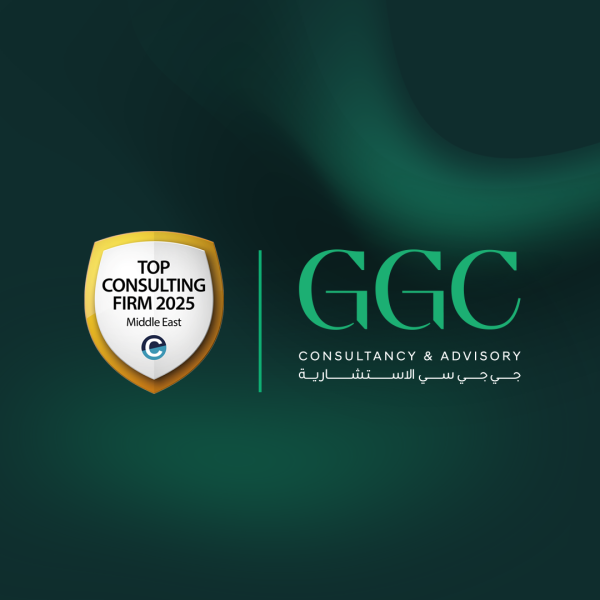Project management has evolved into a core competency, with managers across industries overseeing multiple projects. As its importance grows, organizations must develop structured methodologies to ensure efficiency, alignment with strategic objectives, and optimal resource utilization.
Effective project management requires a combination of technical expertise, leadership skills, and adaptability. It is essential for government agencies, SMEs, and policy-makers to establish clear project frameworks that address critical aspects such as project cycles, knowledge management, legal compliance, financial oversight, and risk mitigation.
Key Phases of Project Management
Projects are divided into structured phases, enabling better planning and execution. The five core project management phases are:
- Initiation: Defining project goals, identifying stakeholders, and establishing feasibility.
- Planning: Developing detailed roadmaps, resource allocation, and risk assessment.
- Execution: Implementing plans, coordinating teams, and managing deliverables.
- Monitoring & Controlling: Tracking progress, addressing challenges, and optimizing efficiency.
- Closing: Finalizing deliverables, evaluating success, and documenting lessons learned.
Breaking a project into these phases allows organizations to maintain control, improve coordination, and ensure successful outcomes.
Ensuring Effective Project Implementation
A successful project begins with a well-defined concept and vision. During the initial phase, objectives must be clearly outlined, stakeholders identified, and roles assigned. Leaders should adopt a visionary yet flexible approach, ensuring adaptability while maintaining focus on strategic goals.
Additionally, project teams should operate within structured frameworks while remaining open to collaboration and external inputs. A dynamic project approach fosters innovation, improves coordination, and enhances overall effectiveness. Strong communication, clear milestones, and proactive risk management are key factors in delivering successful outcomes.
Tools for Project Support
To enhance project execution, organizations should leverage structured tools and frameworks that help teams stay organized and address challenges efficiently. Key elements include:
- Defined Goals & Objectives: Establish clear outcomes to guide decision-making.
- Resource Allocation: Ensure that financial, human, and technological resources are effectively distributed.
- Stakeholder Engagement: Maintain continuous communication with internal teams, suppliers, and external partners.
- Performance Monitoring: Use evaluation metrics to track progress and adjust plans as needed.
- Utilizing project management software, strategic frameworks, and risk assessment tools enhances efficiency and minimizes disruptions.
Security and Risk Management in Projects
To ensure project sustainability and compliance, organizations must integrate security measures throughout the project lifecycle. Key steps include:
- Adhering to National and Organizational Guidelines: Following internal policies and regulatory requirements.
- Complying with Safety and Security Regulations: Ensuring alignment with national security standards.
- Conducting Risk Assessments: Utilizing security awareness reports to anticipate potential risks.
- Consulting Security Experts: Engaging advisory boards and security officers for guidance.
- Addressing Compliance Concerns: Managing GDPR, evacuation plans, and other critical security aspects in coordination with project leads.
By incorporating risk management strategies, organizations can mitigate potential threats, ensure project continuity, and safeguard sensitive information.
Project management is a fundamental discipline that drives organizational efficiency, fosters innovation, and ensures successful execution of strategic initiatives. By adhering to structured methodologies, leveraging project management tools, and prioritizing risk management, organizations can enhance project outcomes and achieve long-term success.







